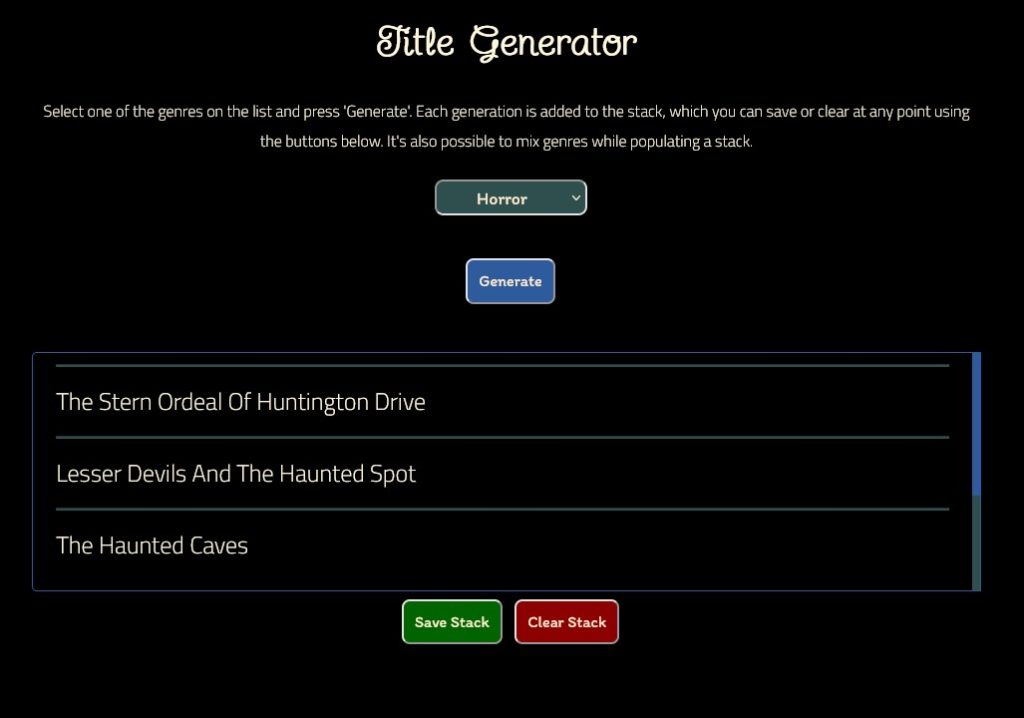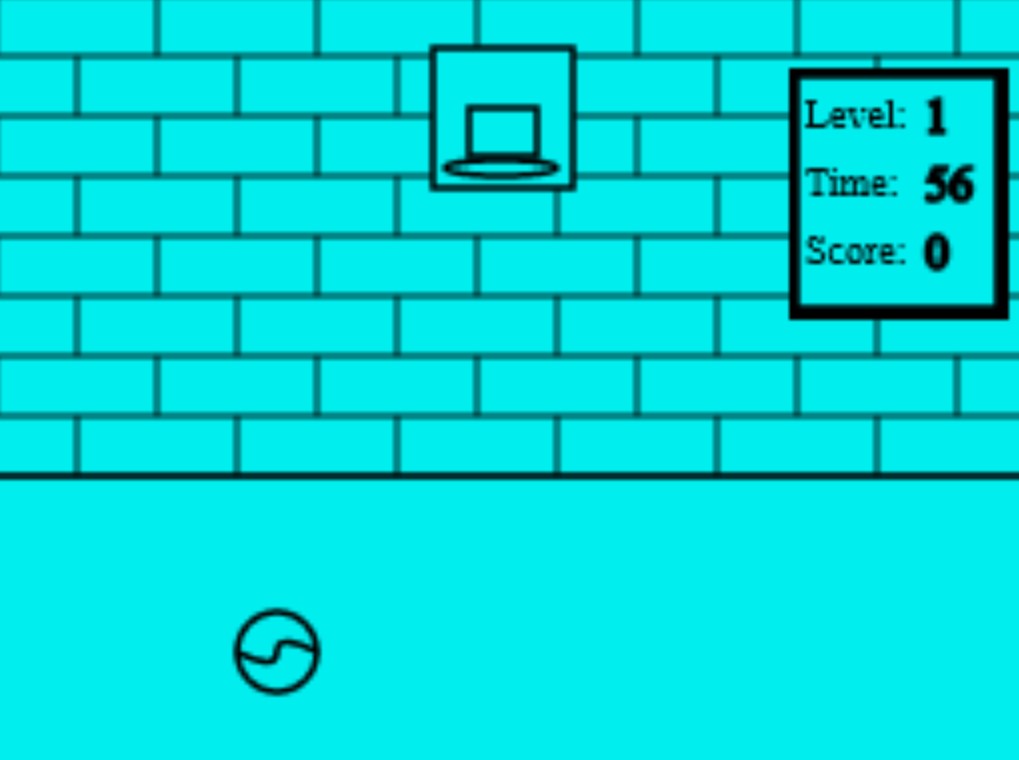One morning, I was staring at the screen a bit bored, trying to find something productive to do. Browsing through the blog, I saw an old post on how to select a title for your novel. I immediately had a flash of inspiration: What I should make is a book title generator!
The truth is, I wasn’t super serious about it, it was mostly meant as something productive to pass the time with. I mean, as I explain in the post linked above, picking a title for your novel cannot be a random process. More still, it cannot be a spur-of-the-moment thing, either. Conversely, it has to be a result of deliberation. It involves patience.
So, how does a book title generator fit in all that?
Honestly, I didn’t trouble myself with it. I just began coding – as I said, for the fun of it. But I was thoroughly surprised with the result, as it revealed to me several important things about creativity, including in terms of coming up with book titles. The book title generator… generated ideas.
In this post I’ll offer you all the details of my thought process behind making this JavaScript book title generator. I’ll also offer you the code and the program to try for free. However, above all, I’ll talk about the important lessons on creativity this silly little program had to offer.


